RELATED ARTICLE
Mati Diop’s Atlantics
By David Hudson
The Criterion Collection

Before making history last year as the first black woman director to compete at Cannes, Mati Diop had been spending the previous ten years articulating her unique vision in a series of five acclaimed short films. The praise Diop has received for her debut feature, Atlantics (2019), offers a fine opportunity to revisit those deft, diverse, and strange earlier works, which explore many of the same aesthetic, cultural, and political issues that animate Atlantics. From a documentary featurette about the great Senegalese film Touki bouki, to a story of two girls exploring their burgeoning desires, to a film about a director who goes AWOL and takes the narrative with her, Diop’s shorts are characterized by a preference for mood over plot, and a driving curiosity about the limits of genre and form. But they are also precise inquiries into the representation of “others”—postcolonial subjects, children, the poor—who are often marginalized by mainstream cinema history.
Diop had a substantial reputation as a director prior to her feature. Her short films have screened extensively at festivals, often in avant-garde or experimental showcases. There is certainly no doubt that Atlantics is the cinematic statement she had been working toward. A radical, poetic enjambment of concerns both postcolonial and supernatural, this Senegalese ghost story depicts a group of dead men who inexplicably rematerialize from the sea that claimed them. But although we can certainly see elements of her earlier work refracted through Atlantics, it would be a disservice to these exquisitely wrought films to view them as rough drafts. Her first film, which bears the most direct connection with her recent feature, is a case in point.
Made in 2009, Atlantiques, is an experimental documentary that could be perceived as a narrative tangent to the longer work. The material covered in the first film depicts a prelude of sorts to some of the key events of the feature, and tethers Diop’s partly fantastical later film to material reality. In Atlantiques, we sit on the beach around a fire as a group of young Senegalese men, shrouded in shadow, talk about possibly trying to cross the ocean to Spain in a pirogue. Diop begins the film with a close-up of a reel-to-reel tape recorder, and the graininess and brownish-yellow tint of the image make the machine resemble an ancient artifact dragged from the sea.
The two main speakers of the group, Serigne Seck and Alpha Diop, debate whether the perilous journey is worth the possibility of finding work in Europe. (Alpha claims that he would physically stop Serigne from going.) The discussion turns to a previous trip that ended in disaster, and there is an easy slippage from hard economic fact to mythological and spiritual belief. Diop visually contrasts enveloping darkness and blinding illumination, emphasizing the film’s primary conflict between a bleak home and the lure of the unknown. In Atlantics the feature, Diop presents men in similar circumstances, but the documentary short gives a fuller sense of who they are and why they had to go.
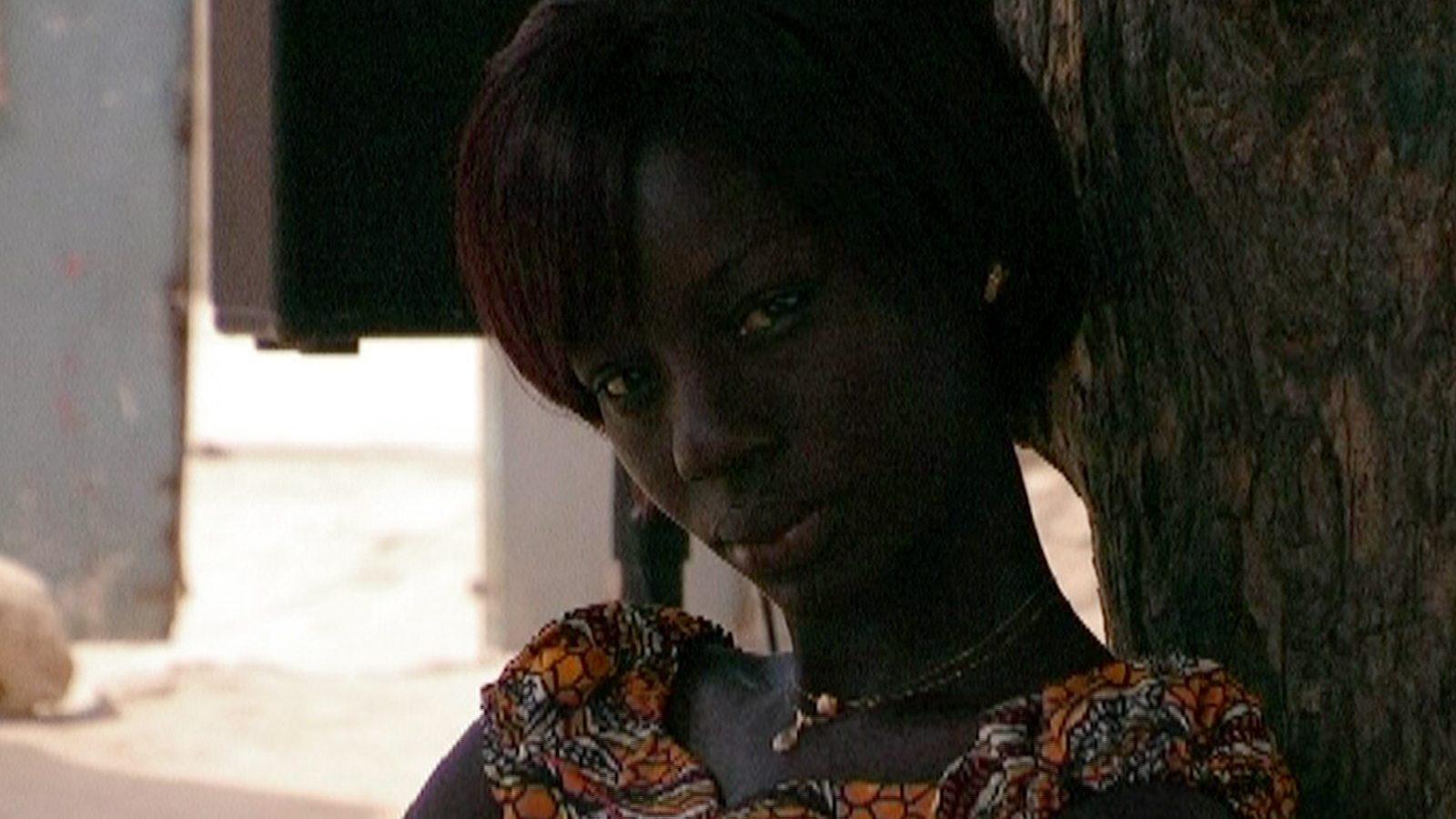
Atlantiques
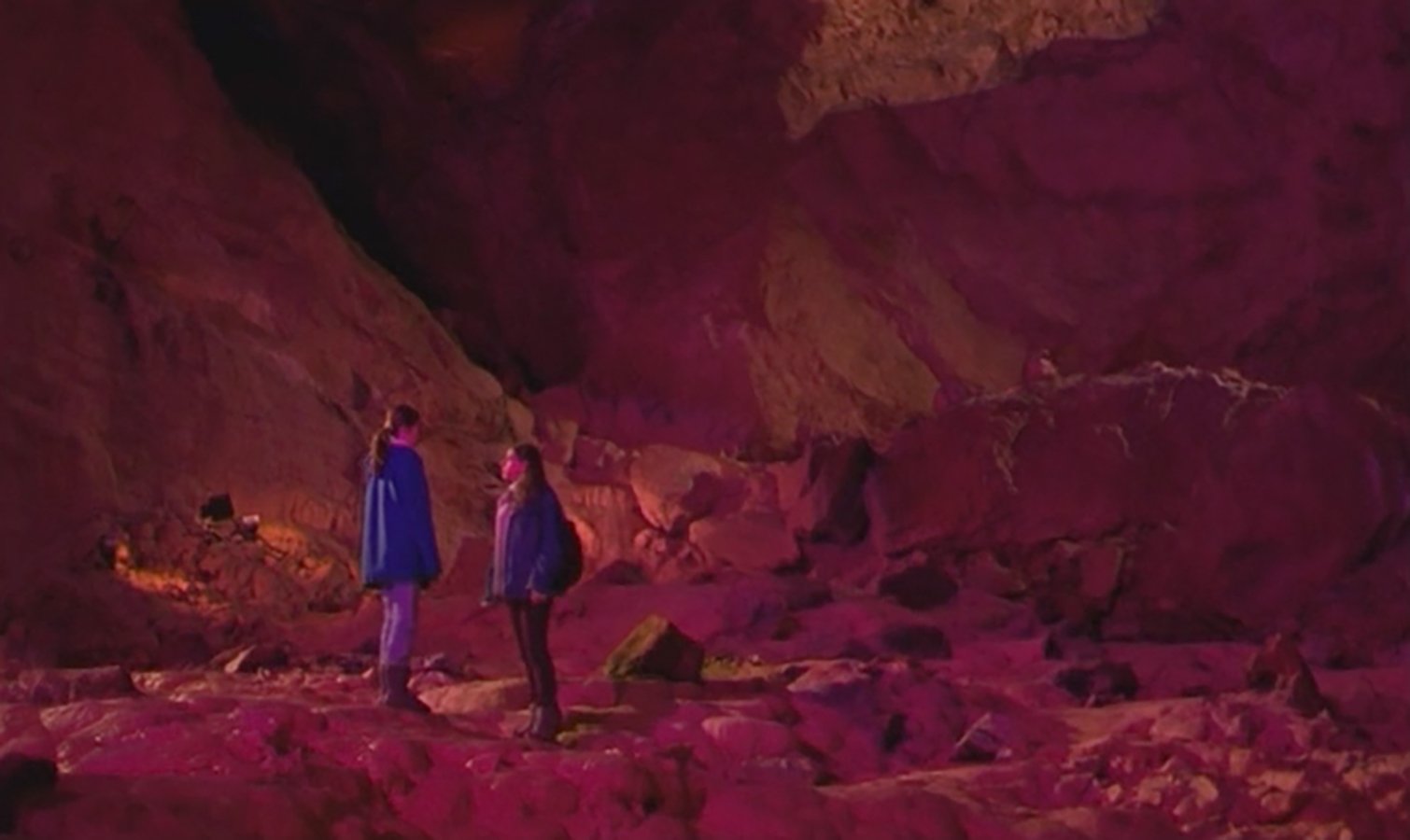
Snow Canon
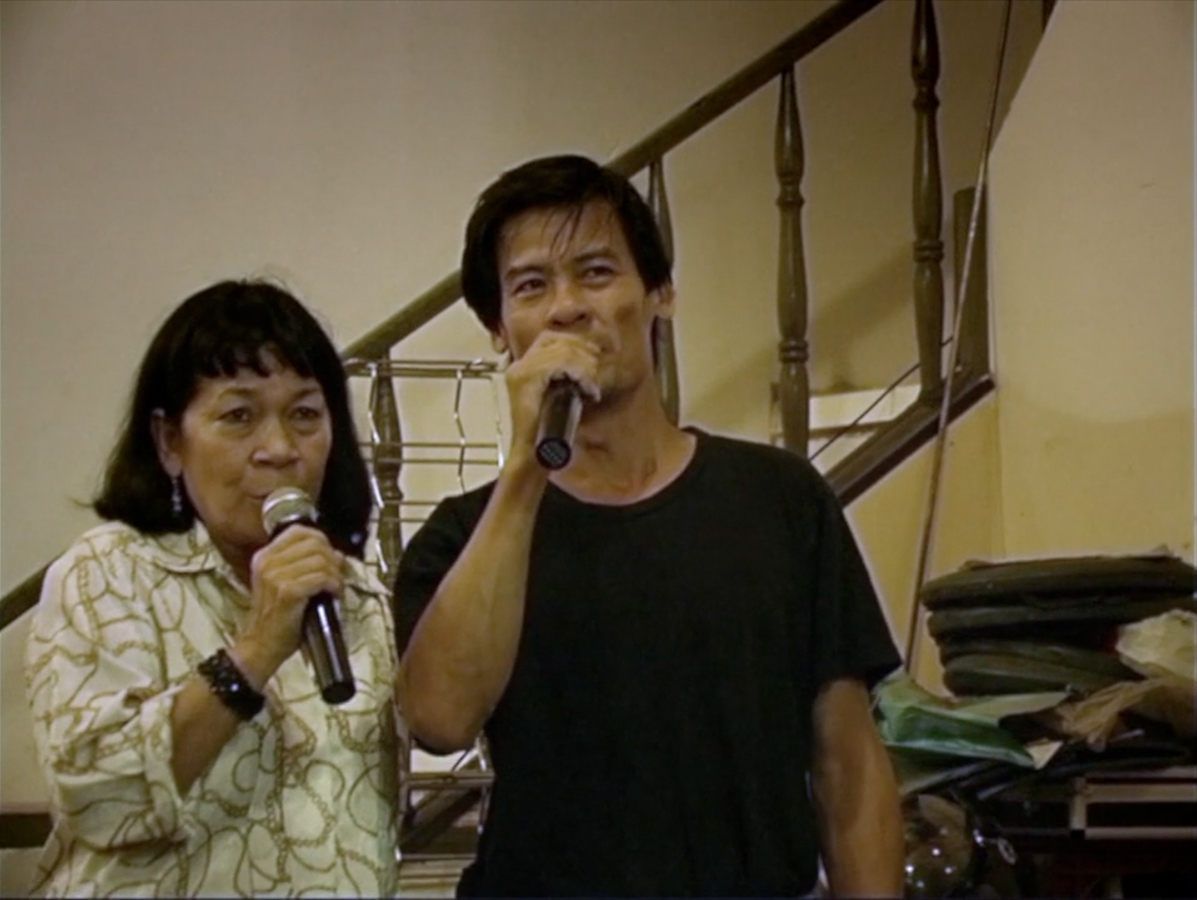
Big in Vietnam
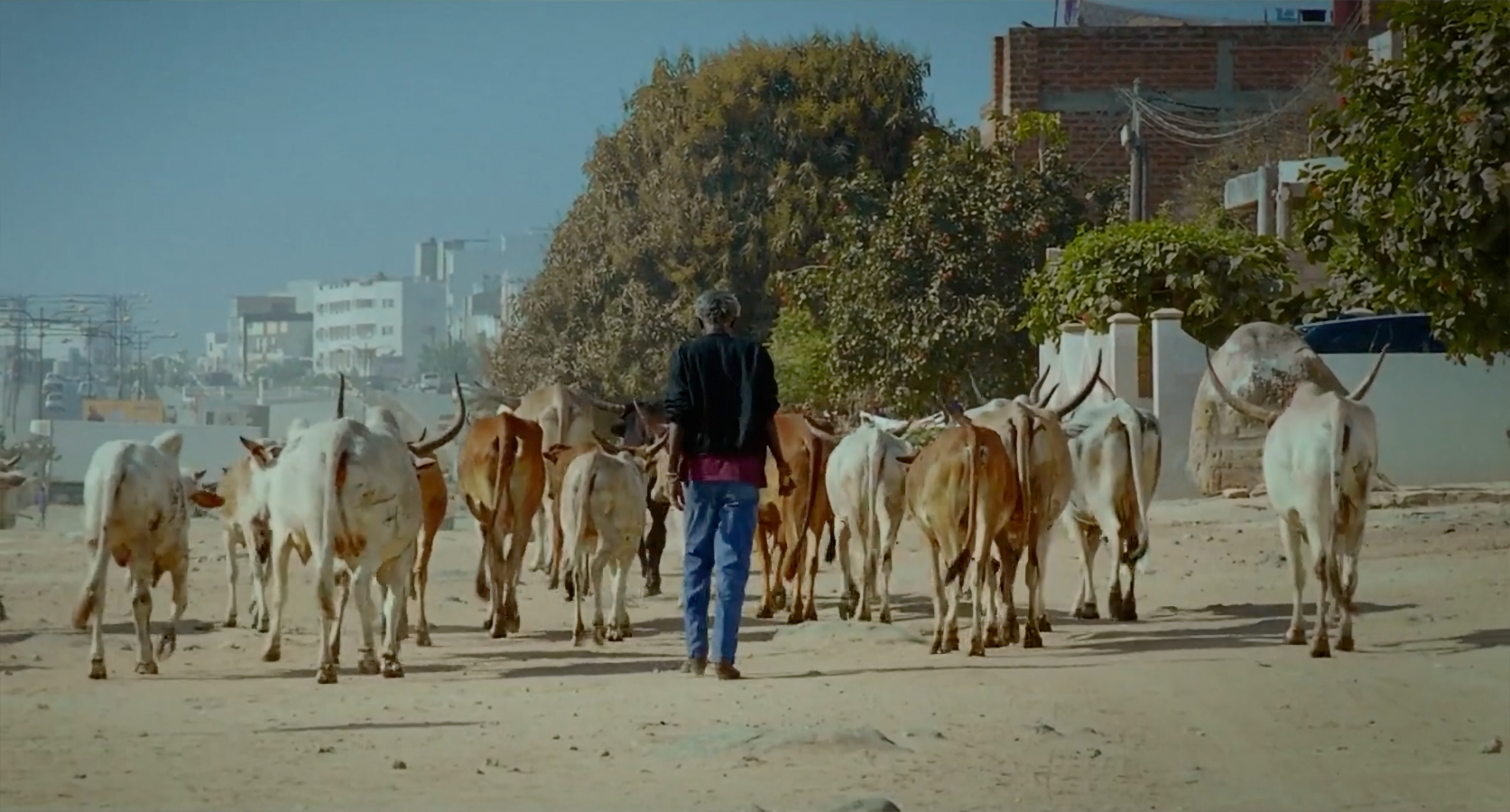
A Thousand Suns
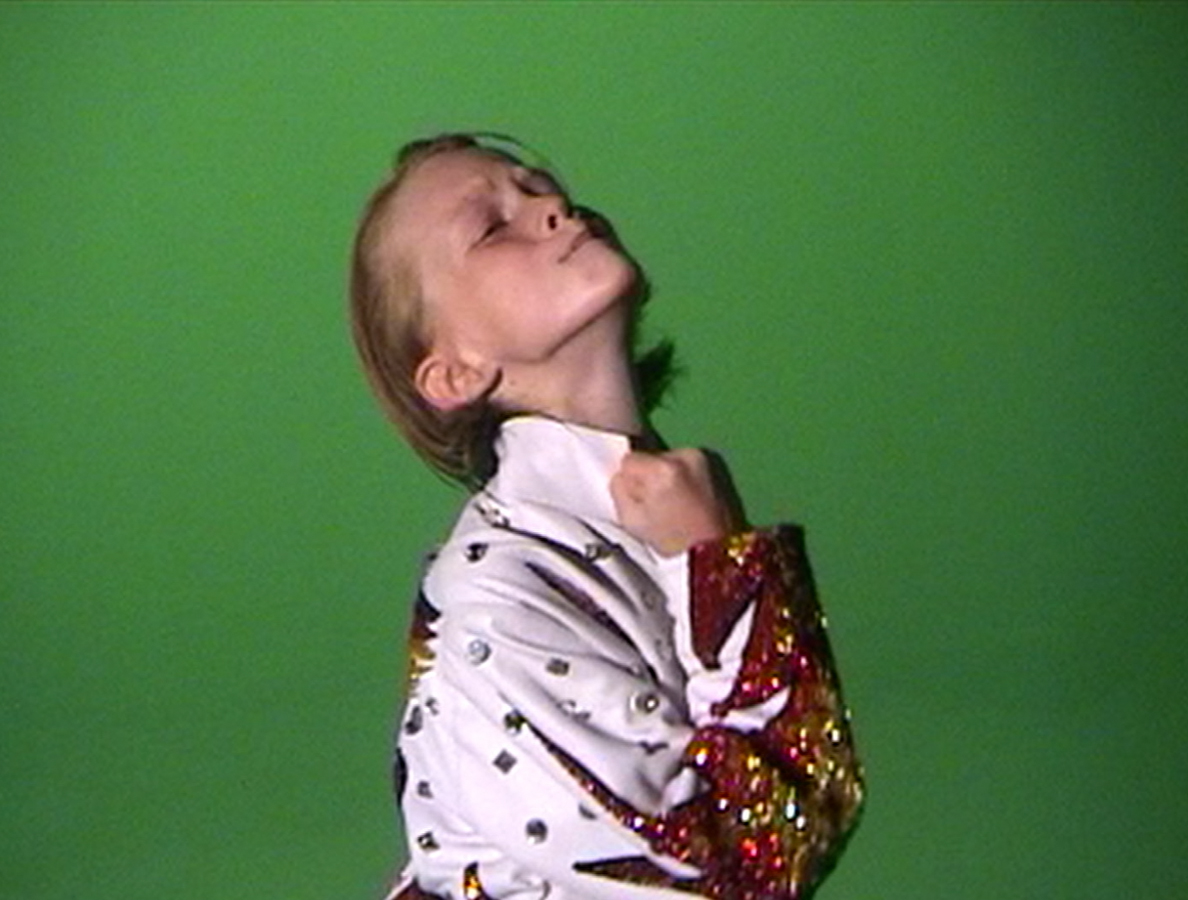
Liberian Boy